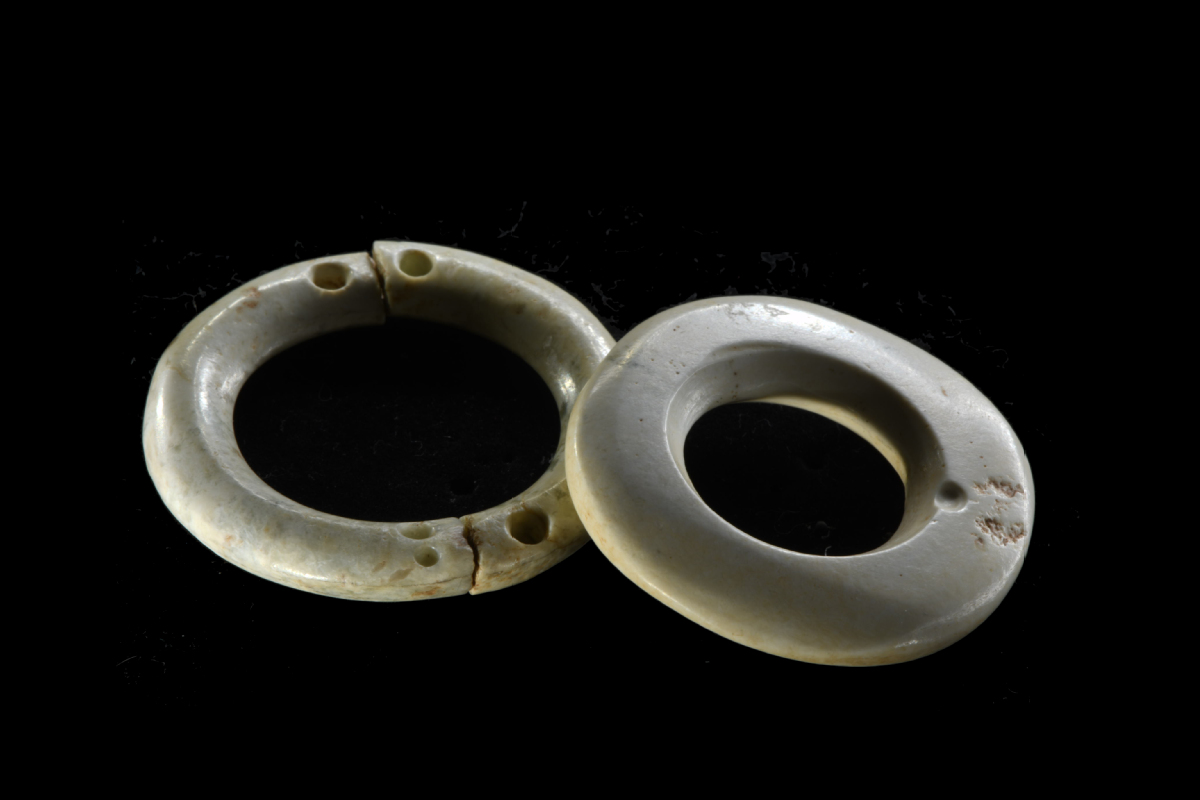Top 10 archaeological discoveries offer cultural food for thought
 0 Comment(s)
0 Comment(s) Print
Print E-mail China Daily, May 6, 2020
E-mail China Daily, May 6, 2020

Experts hailed a number of milestones achieved by China's archaeologists last year, as the nation's Top 10 New Archaeological Discoveries of 2019 were unveiled on Tuesday.
In the list, there is an implication that the "Out of Africa" hypothesis-which says that all ancestors of modern humans came from Africa-may need to be reexamined.
At the Jiegedong Paleolithic cave site in Hanzhong, Shaanxi province, archaeologists found human remains and stone tools from 100,000 to 15,000 years ago, which were described as "world-class" by Chen Xingcan, head of the Chinese Academy of Social Sciences' Institute of Archaeology.
"Human activities were basically continuous in the area, according to the recovered materials. The findings provide key clues for further studies into the origin of modern humans in East Asia," Chen said.
The earliest known evidence of the usage of jade artifacts in China, which can be dated back around 9,000 years, was found at Xiaonanshan in Raohe county, Heilongjiang province, where over 100 jade artifacts and related processing tools were unearthed.
"That will reshape our understanding of Chinese jade," Chen said.
On the site by the China-Russia border, where ancient human settlement took place from 17,000 years ago to the Western Han Dynasty (206 BC-AD 24), there is also the earliest-known pottery in northern China, from about 14,000 years ago, he said.
fcd0274f-c074-4caa-834a-2cc131f87a99.jpeg)




Go to Forum >>0 Comment(s)